The fact is that men of the present day want
to be able freely to profess their religion in private
and in public. Religious freedom has already been
declared to be a civil right in most constitutions, and
it is solemnly recognized in international documents.
The further fact is that forms of government still exist
under which, even though freedom of religious worship
receives constitutional recognition, the powers of
government are engaged in the effort to deter citizens
from the profession of religion and to make life difficult
and dangerous for religious Communities.
This sacred Synod greets with joy the first of these
two facts, as among the signs of the times. With sorrow,
however, it denounces the other fact, as only
to be deplored. The Synod exhorts Catholics, and it
directs a plea to all men, most carefully to consider
how greatly necessary religious freedom is, especially
in the present condition of the human family.
All nations are coming into even closer unity. Men
of different cultures and religions are being brought
together in closer relationships. There is a growing
consciousness of the personal responsibility that
weighs upon every man. All this is evident.
Consequently, in order that relationships of peace
and harmony may be established and maintained
within the whole of mankind, it is necessary that
religious freedom be everywhere provided with an
effective constitutional guarantee, and that respect be
shown for the high duty and right of man freely to lead
his religious life in society.
Declaration on Religious Liberty
(Dignitatis Humanae), no. 15
December 7, 1965
.
.
Reflection for Day Fourteen:
In concluding its Declaration of Religious Freedom,
the Council rejoices in the fact that religious freedom
has been enshrined in the constitutions of many
countries as well as in international statements. However,
the Council Fathers are well aware that religious
freedom is not guaranteed merely when it is stated on
a piece of paper. It must be exercised by a living body
of people. Moreover, there are actual governments
that act against religious communities, sometime in
the name of religion. The Council Fathers find such
situations appalling and ask that Catholics and all
people of goodwill work to rectify this injustice.
Since the Vatican Council, has religious freedom
improved or deteriorated throughout the world?
What is the relationship between growing religious diversity,
as well as growing interactions among people of different
faiths, and religious liberty?
Wednesday, July 4, 2012
Subscribe to:
Post Comments (Atom)





















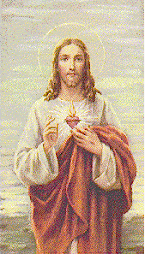
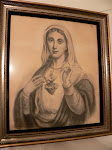

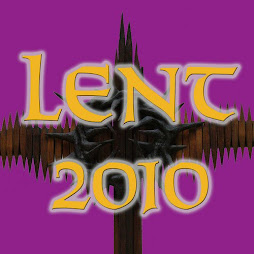


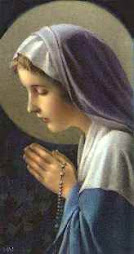
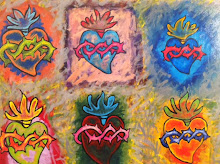
No comments:
Post a Comment